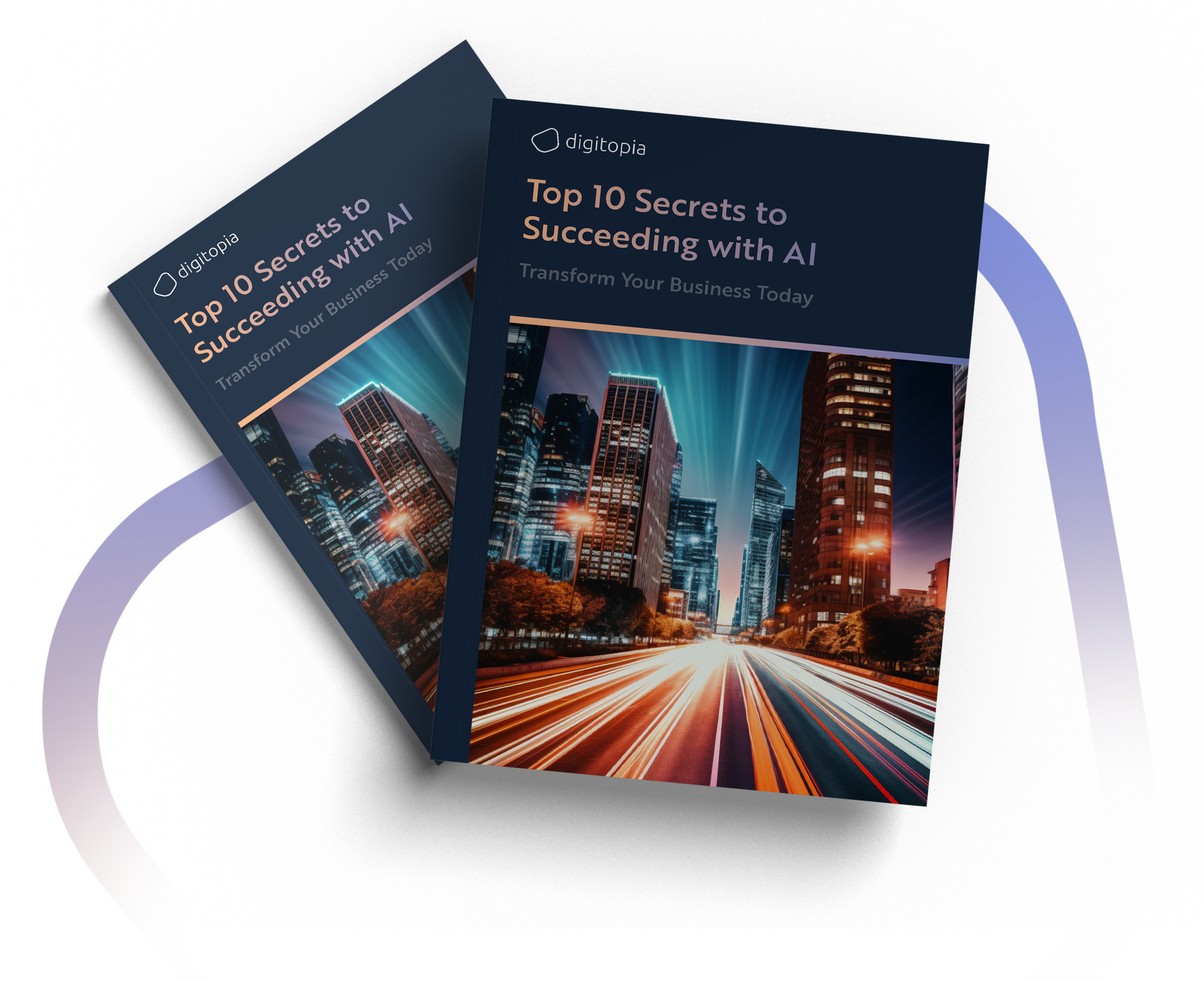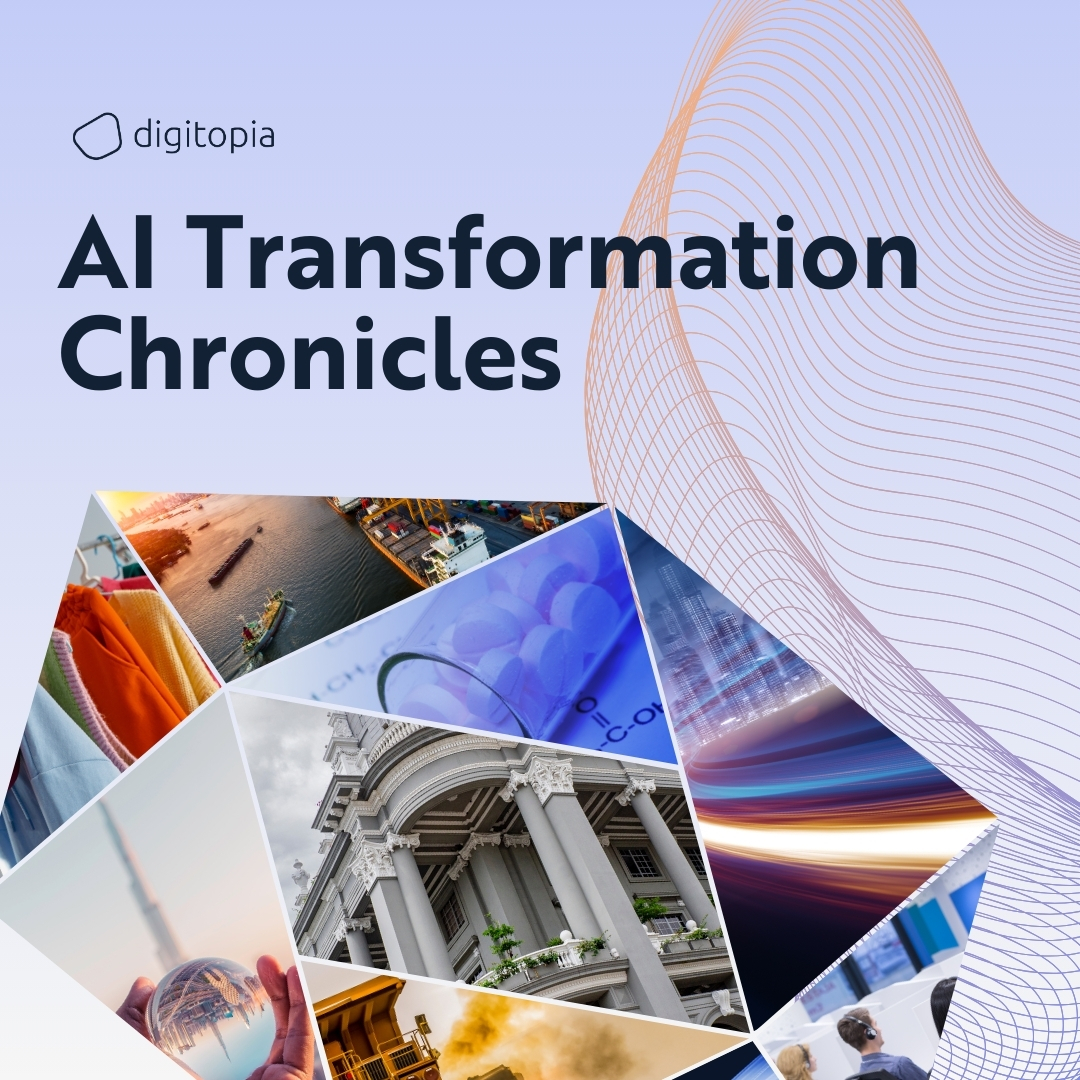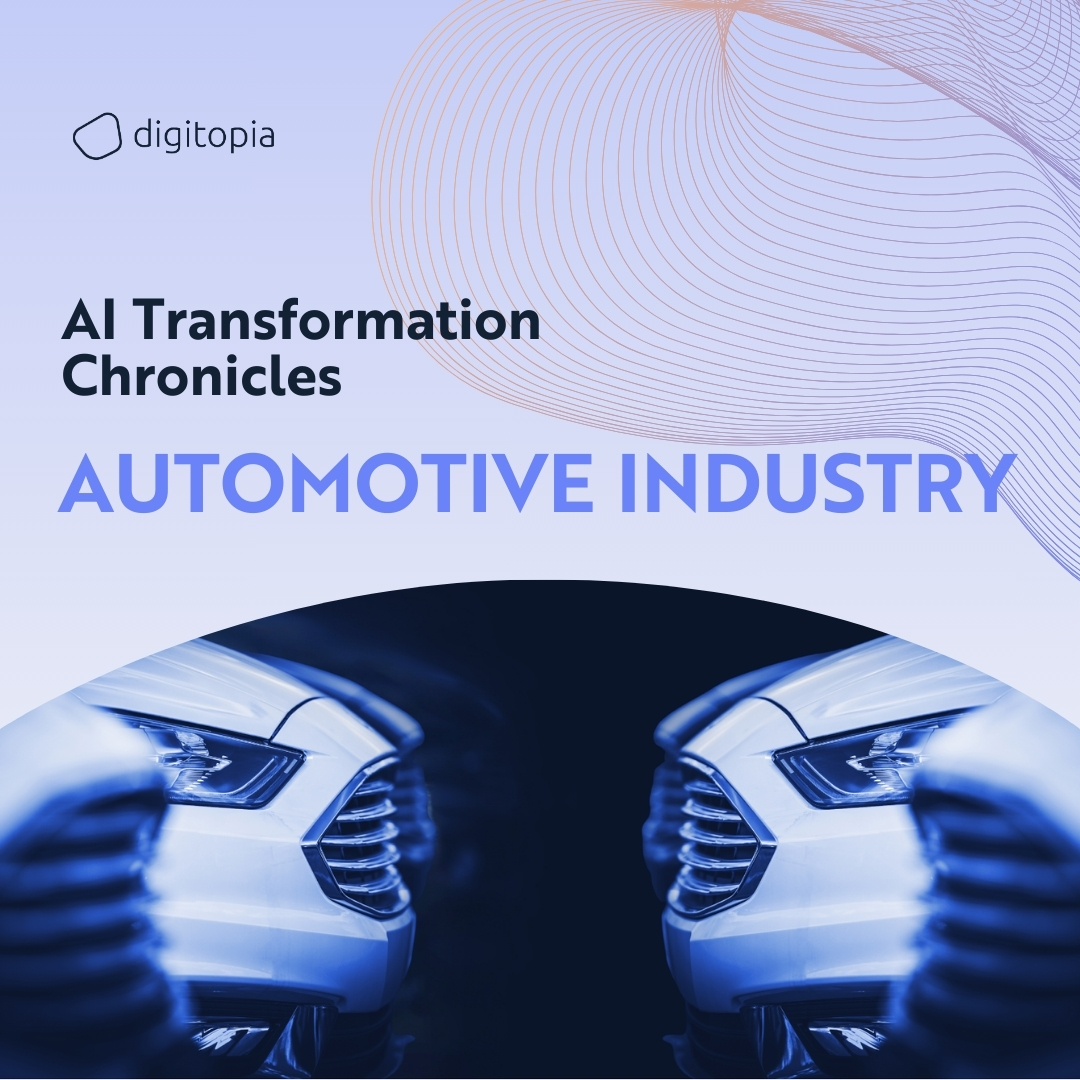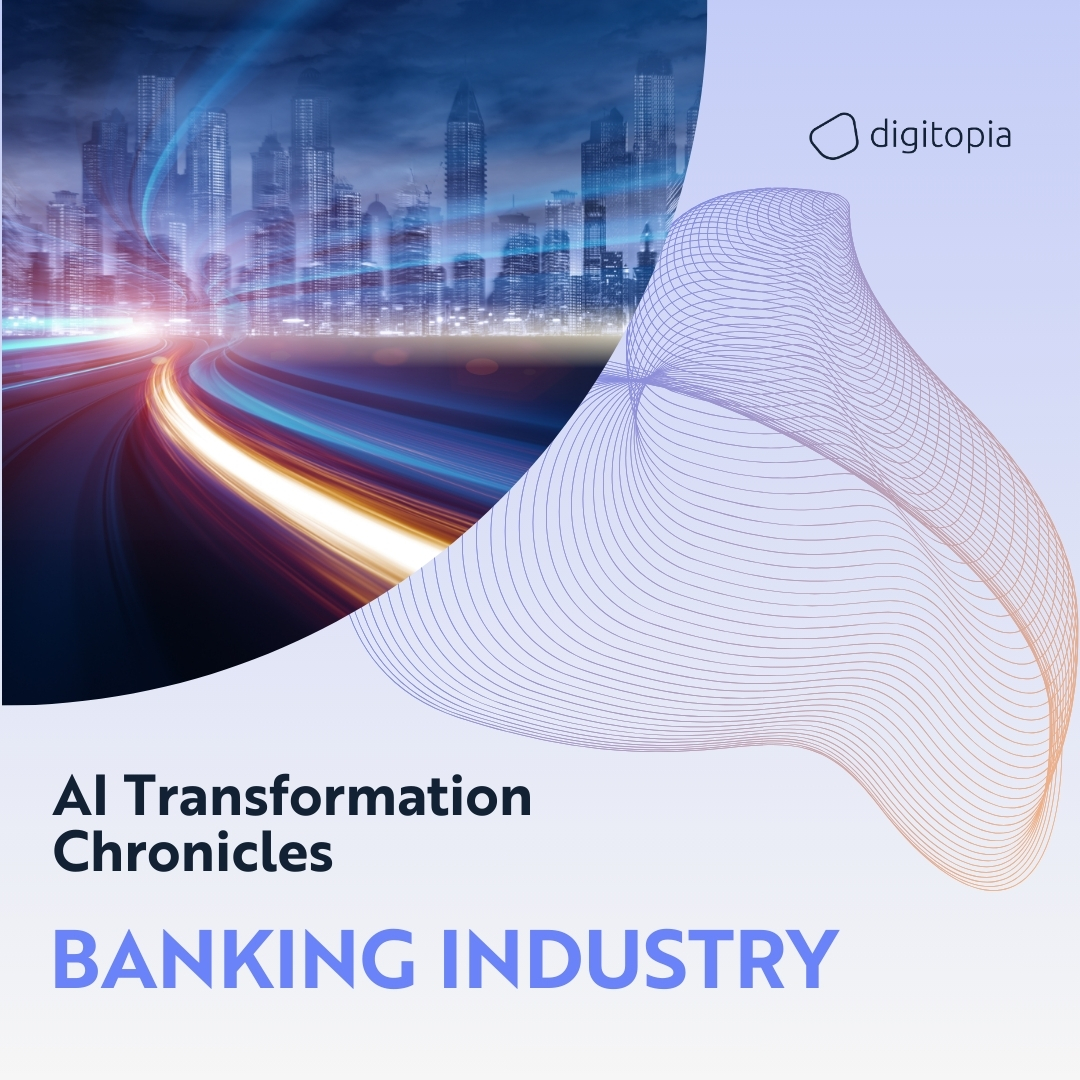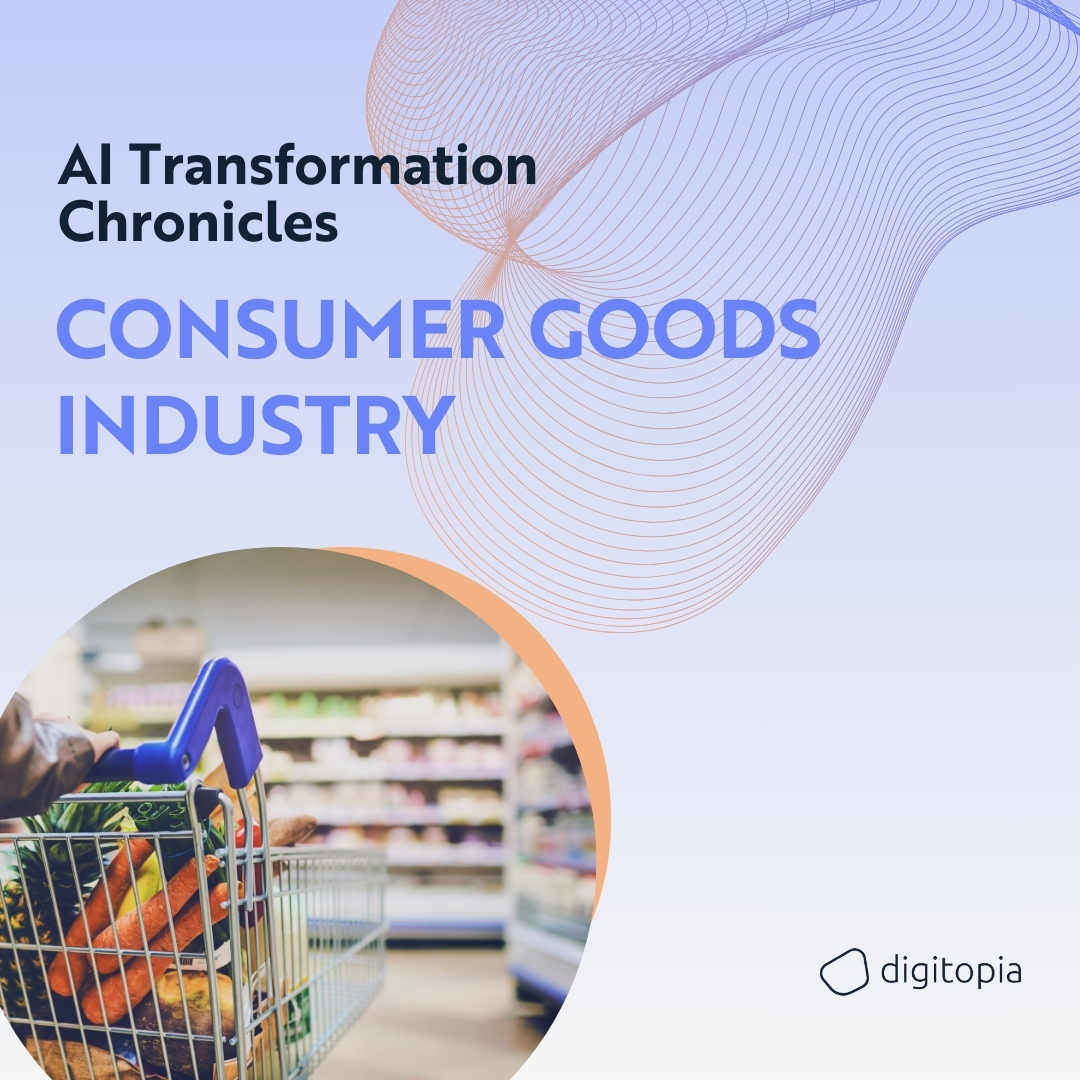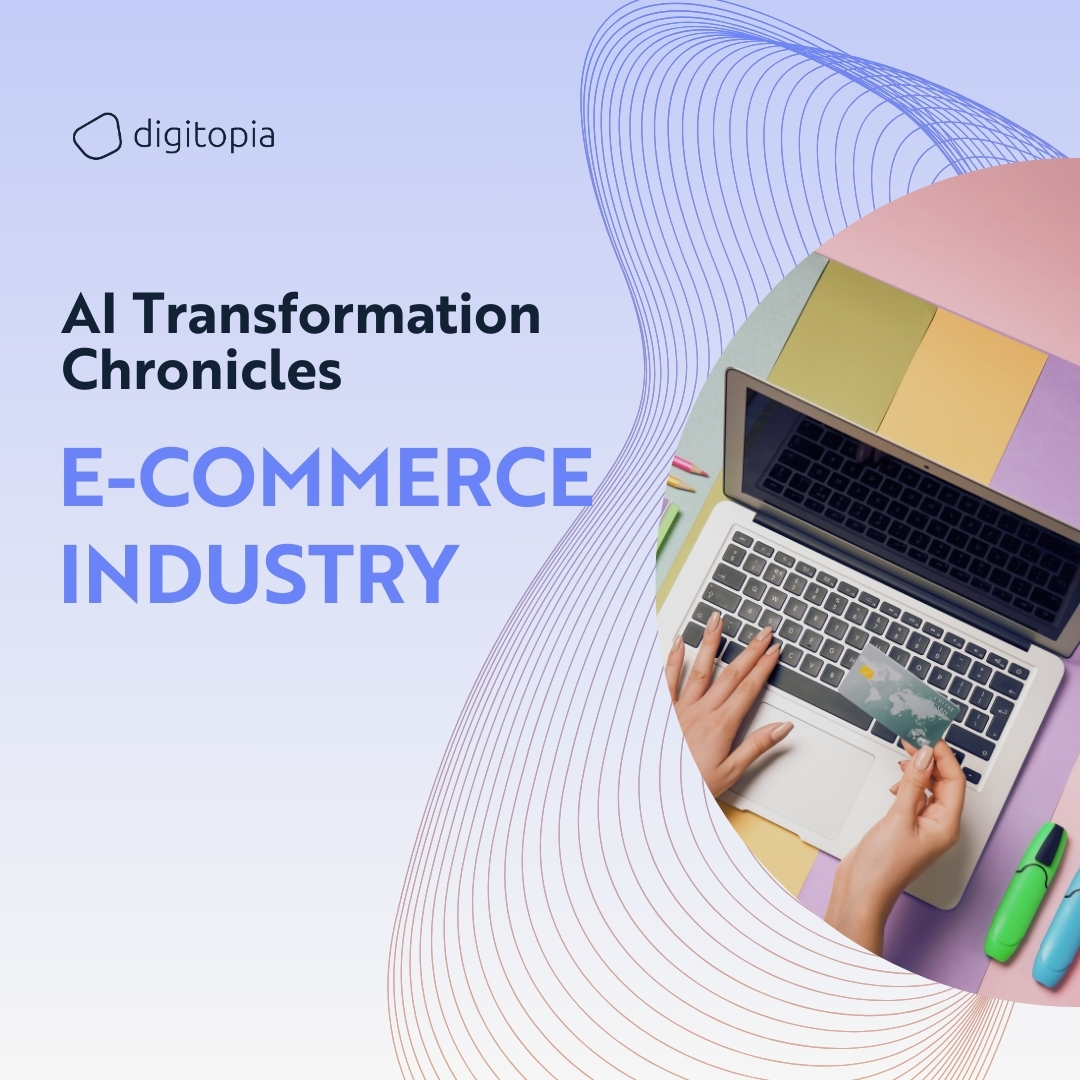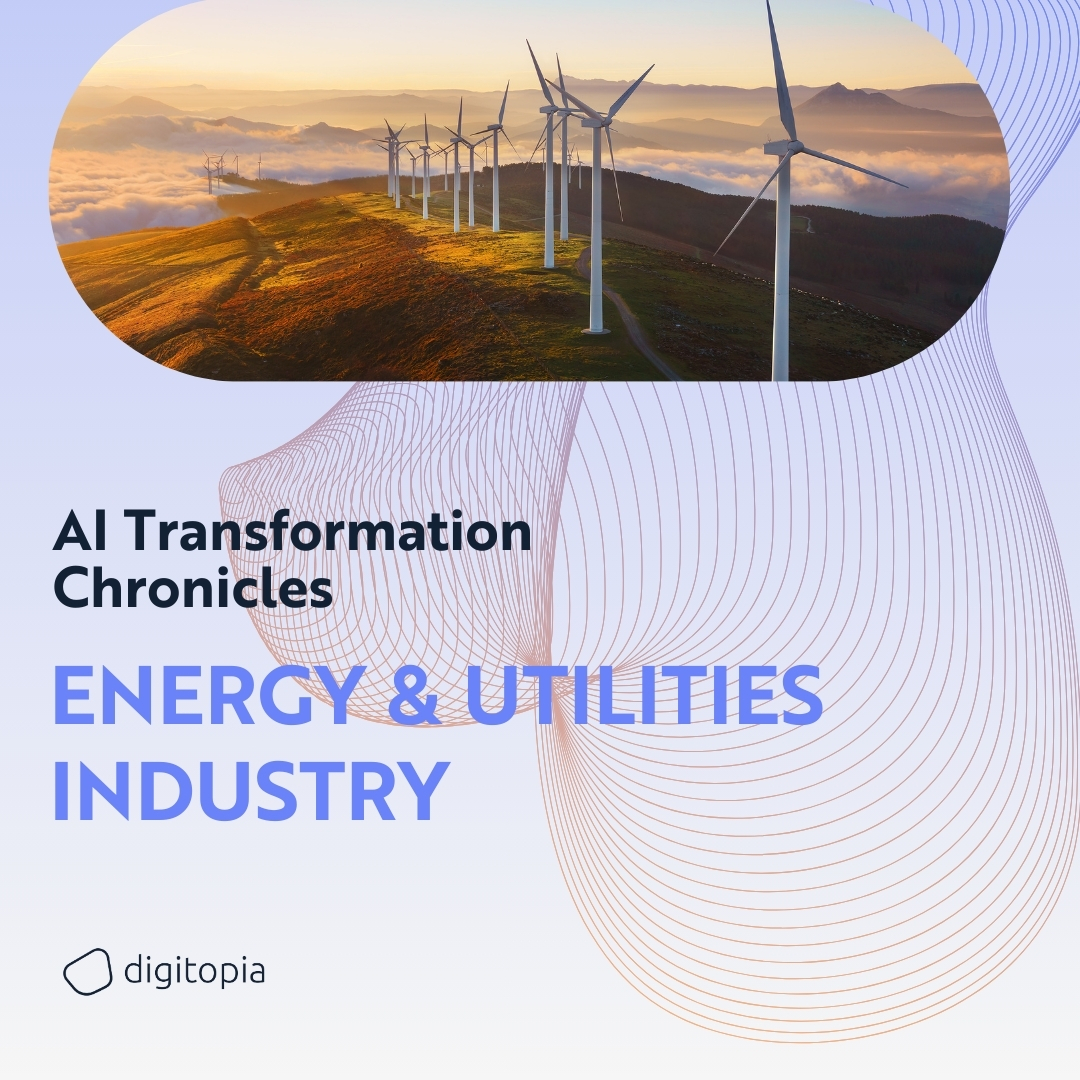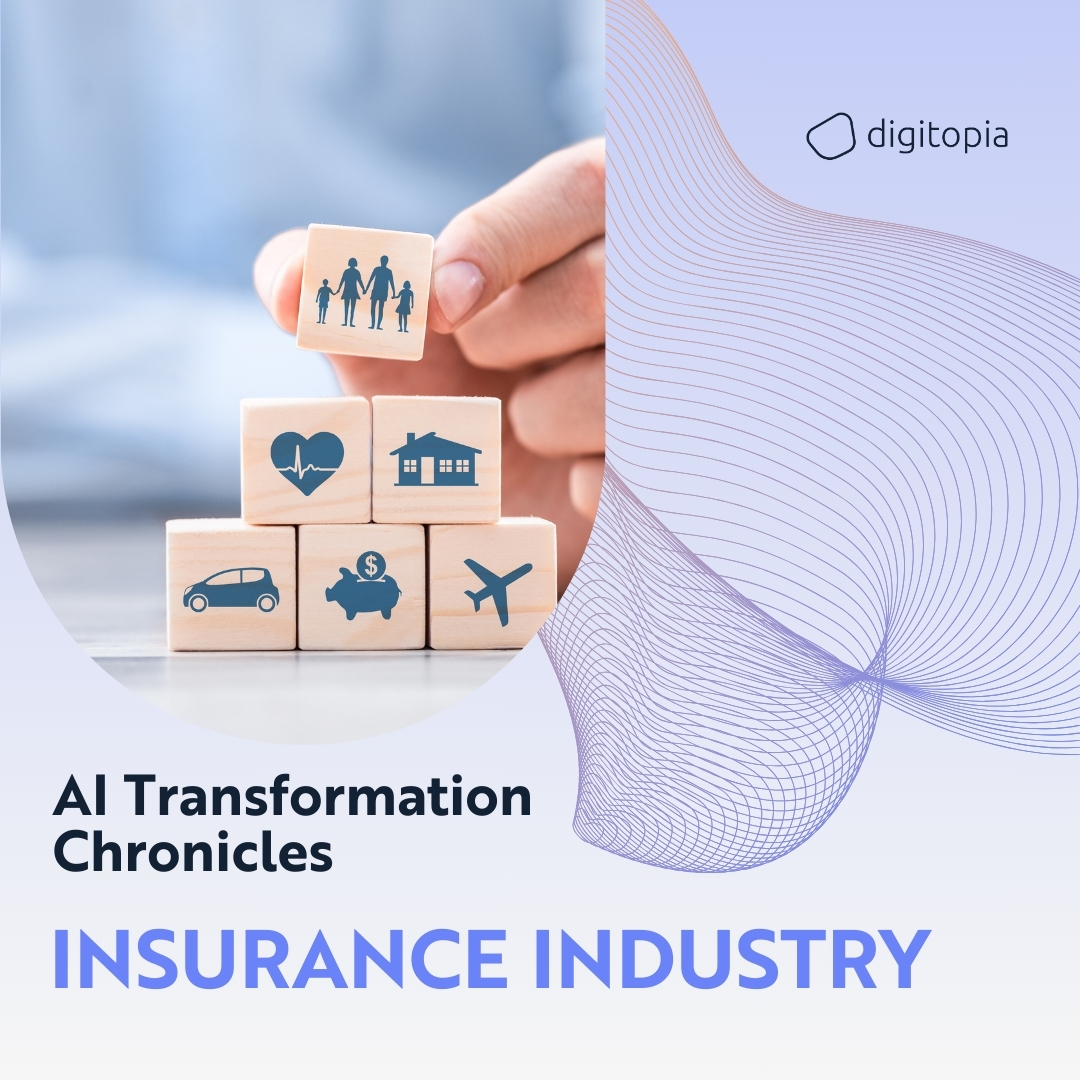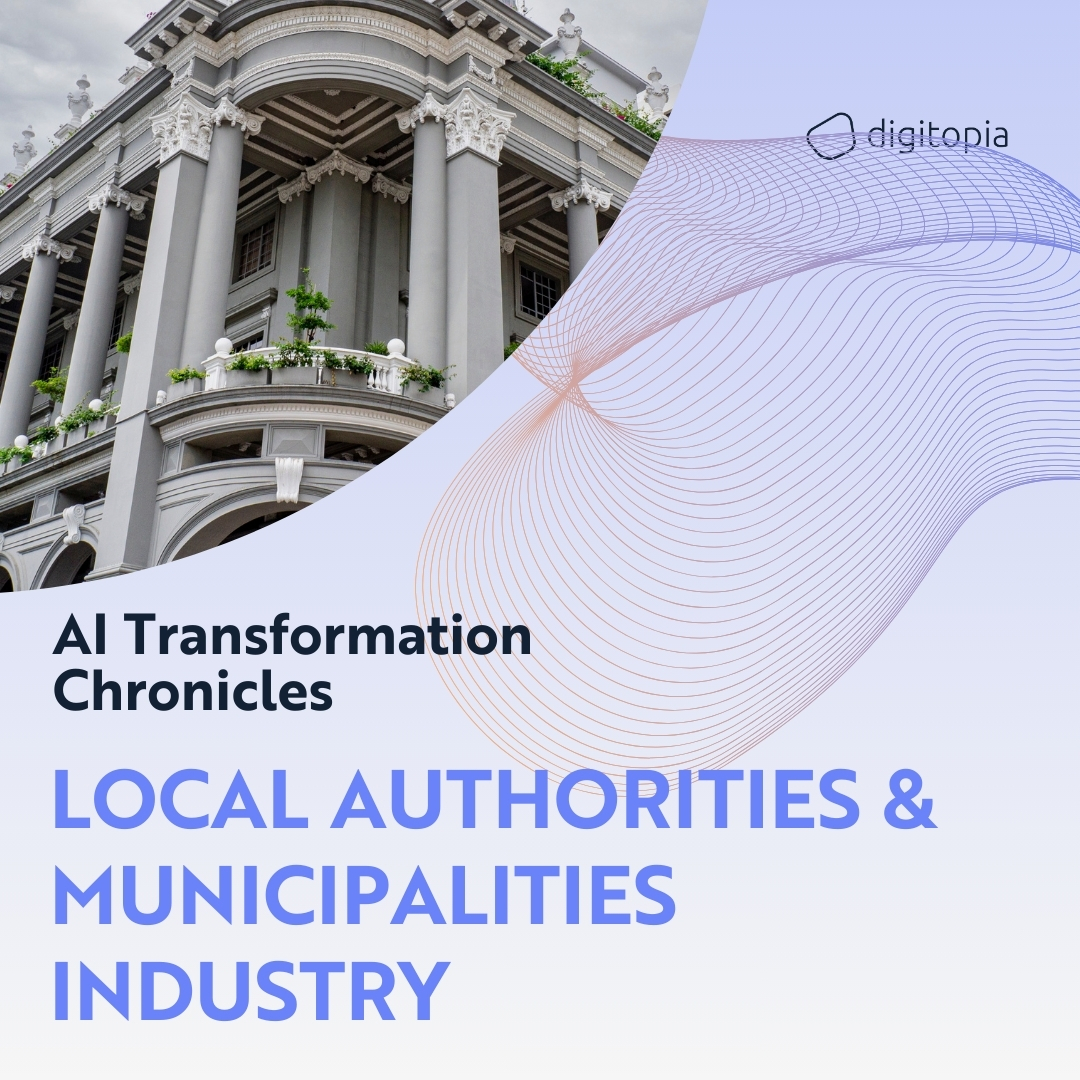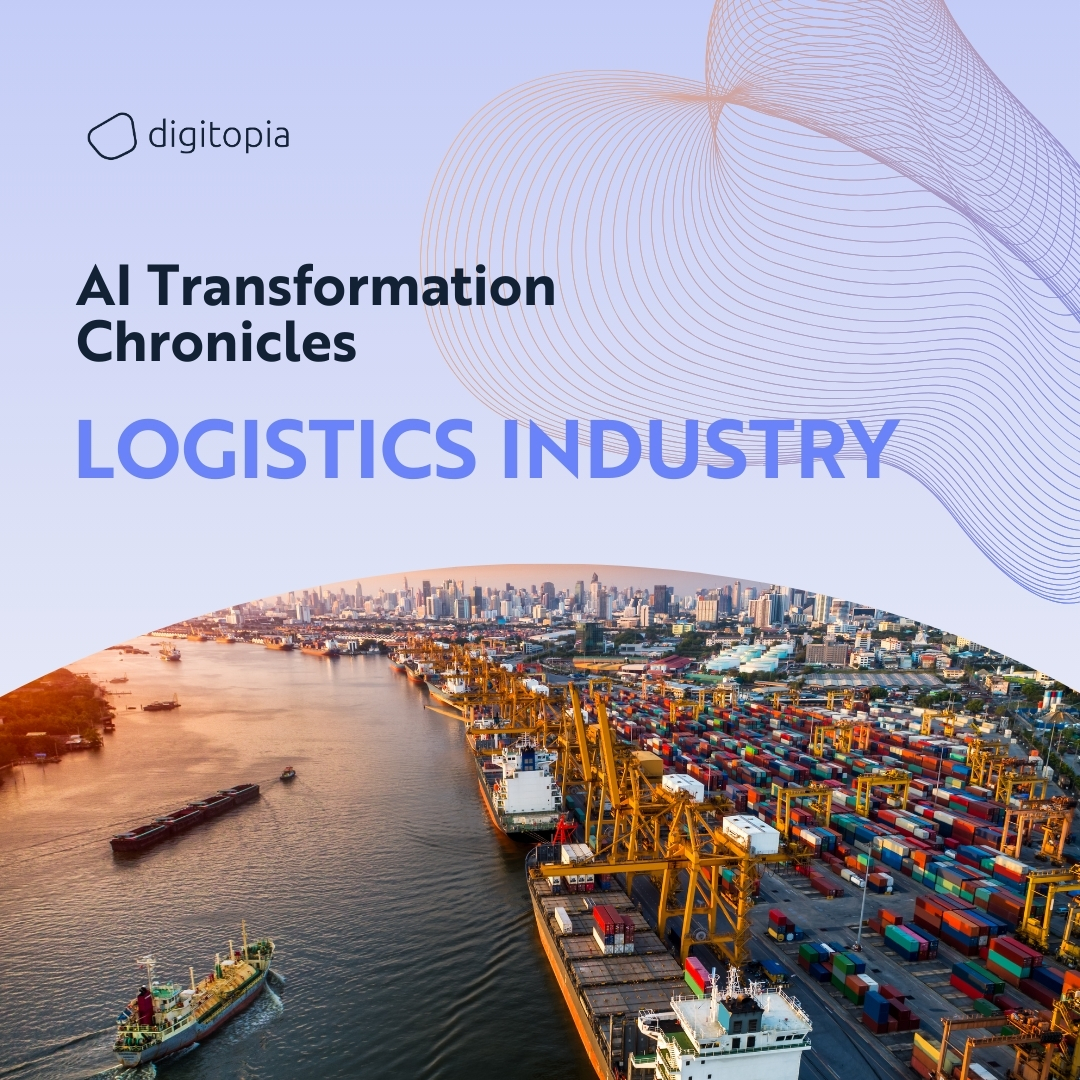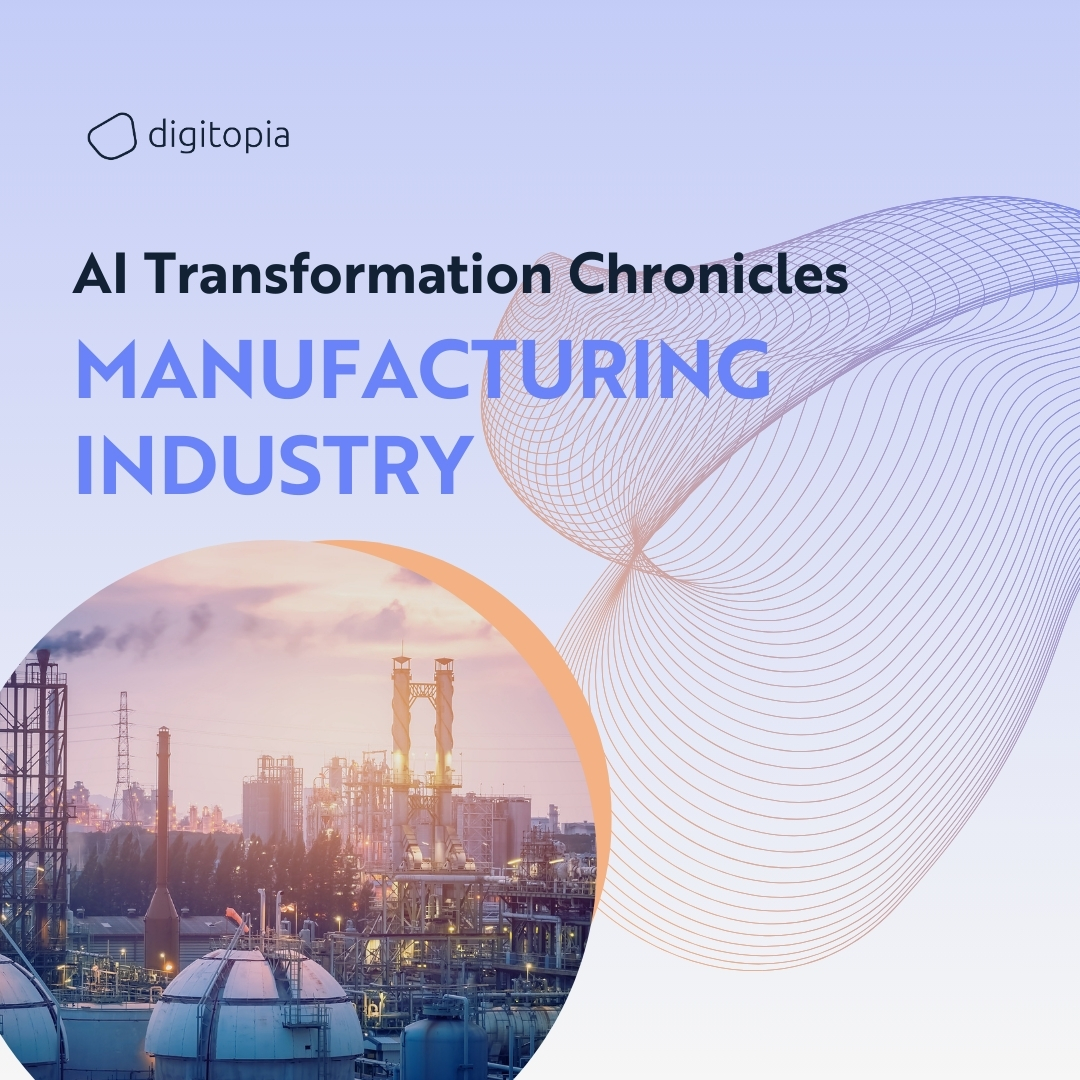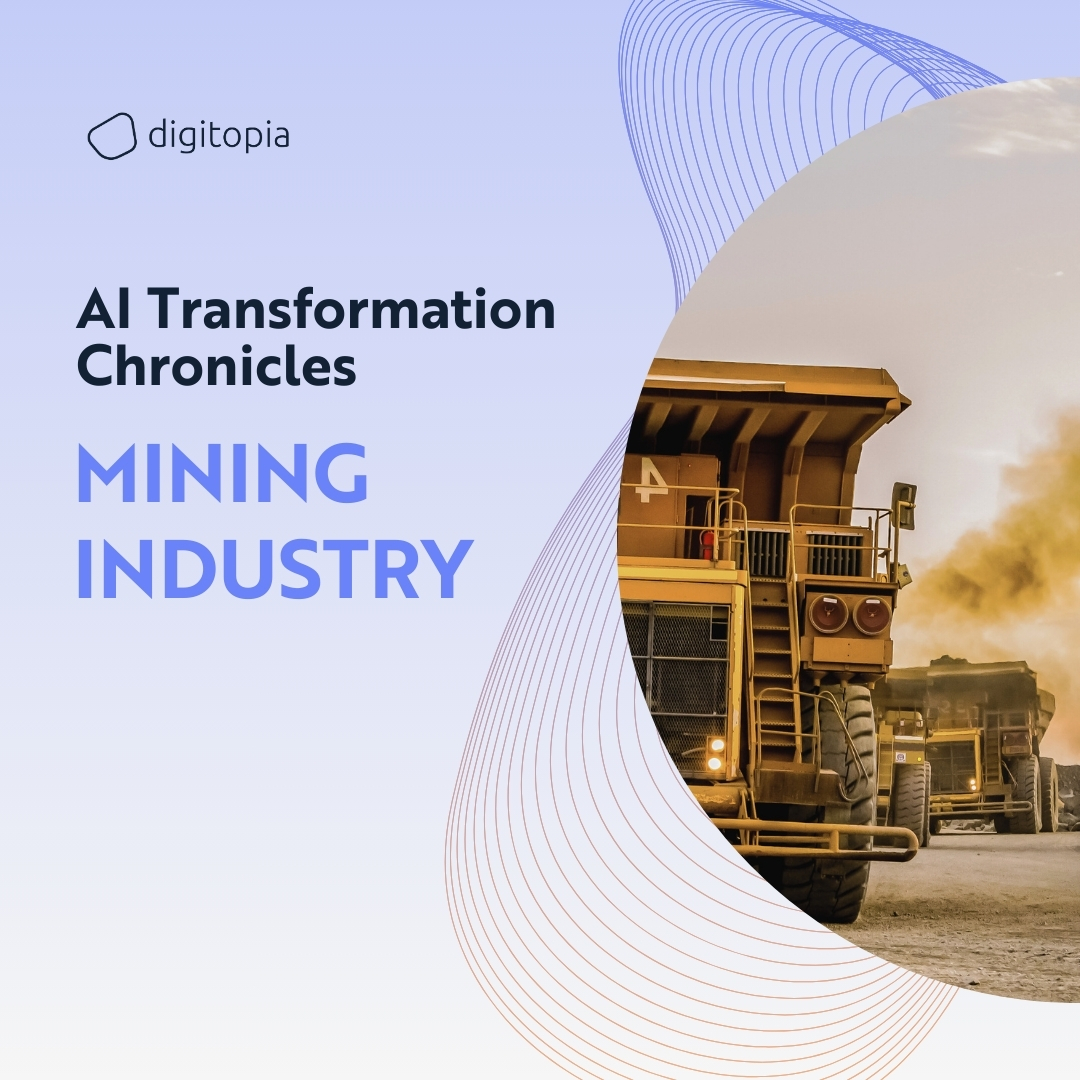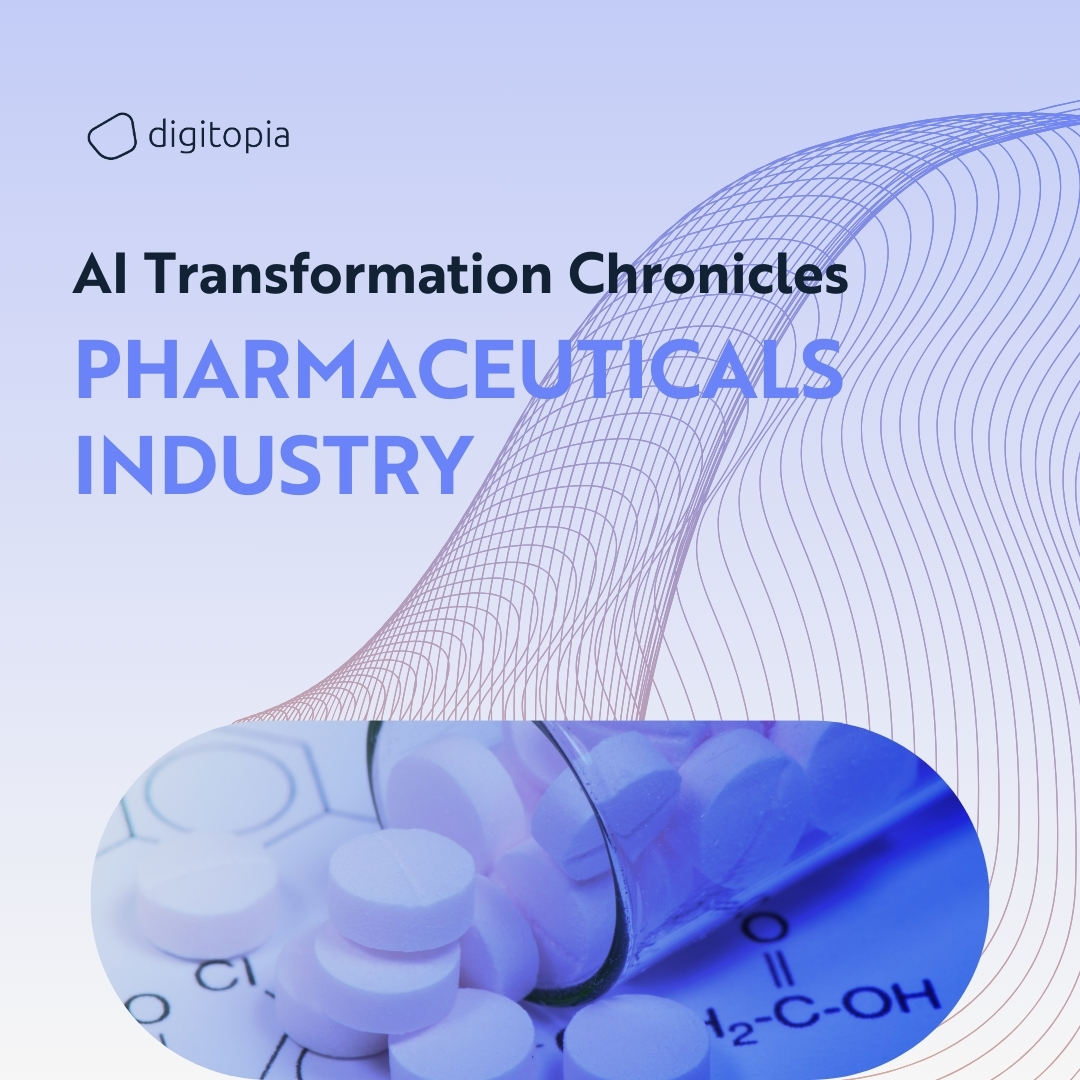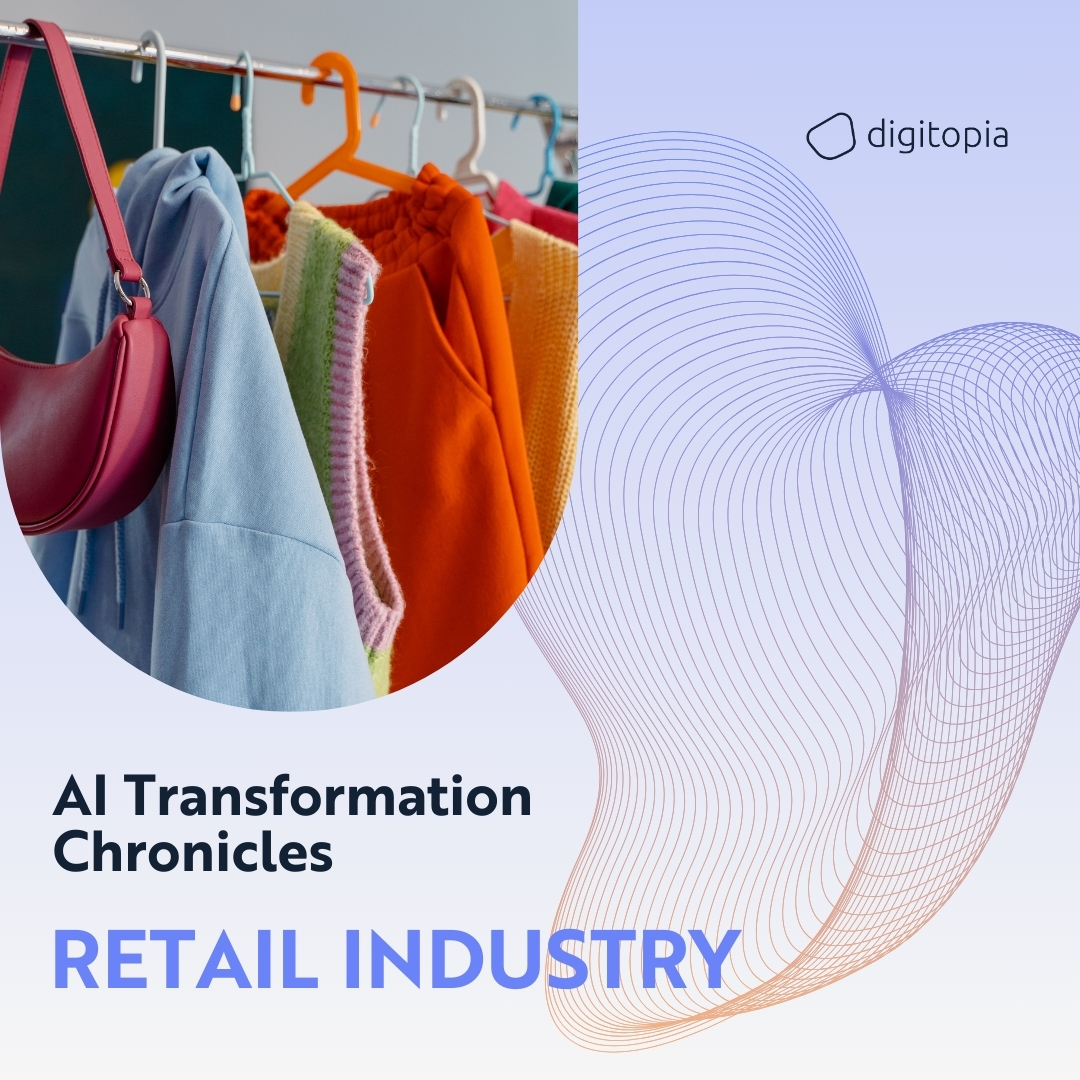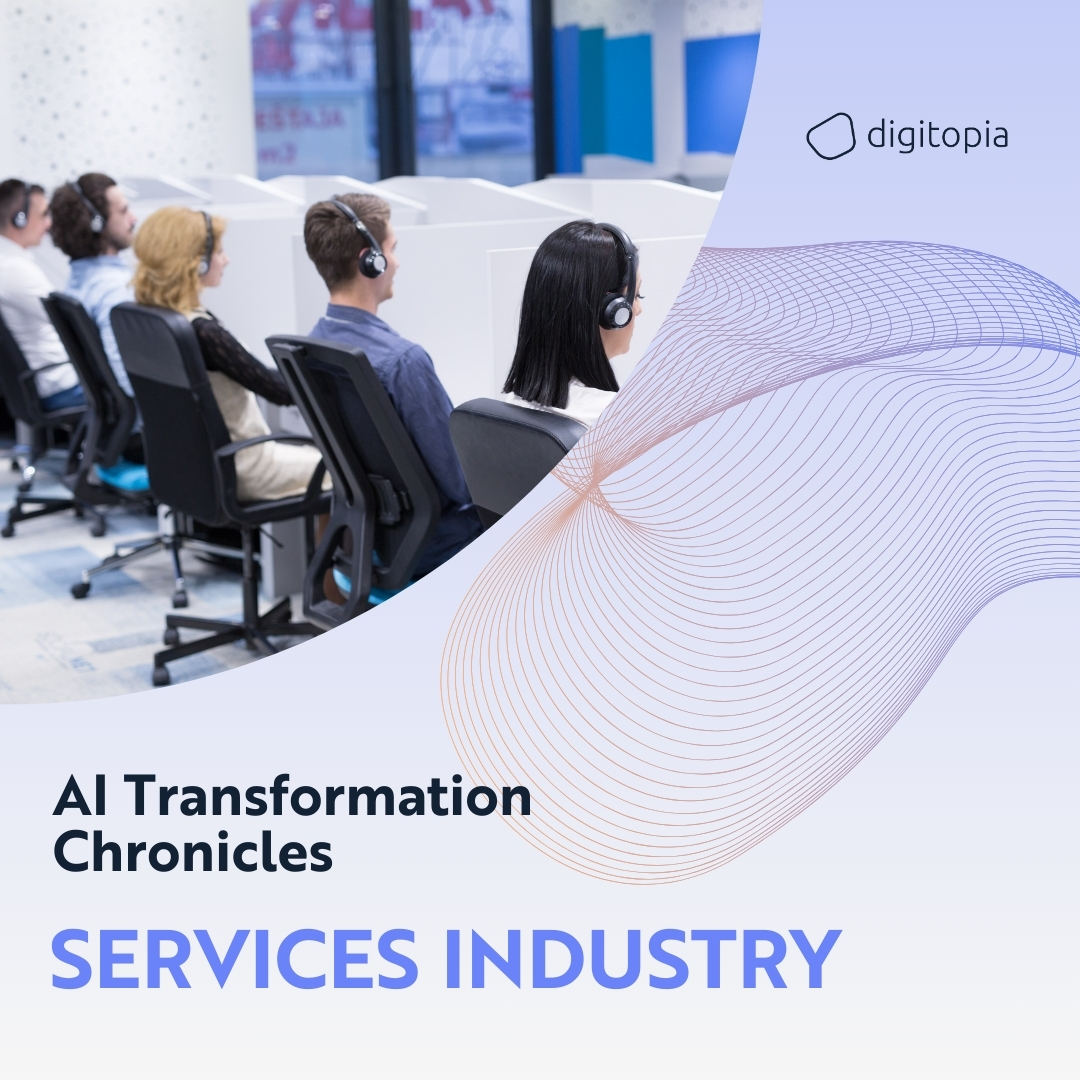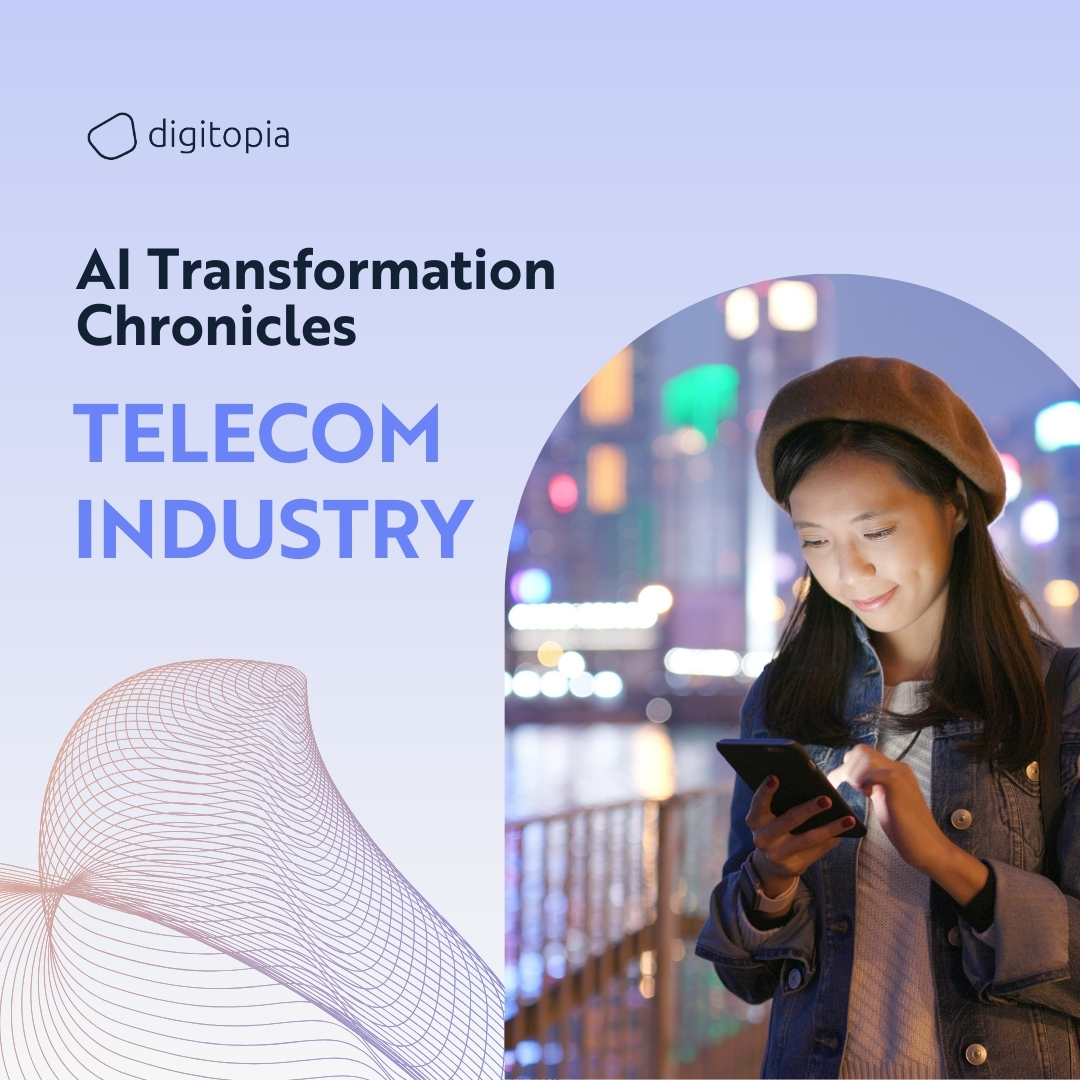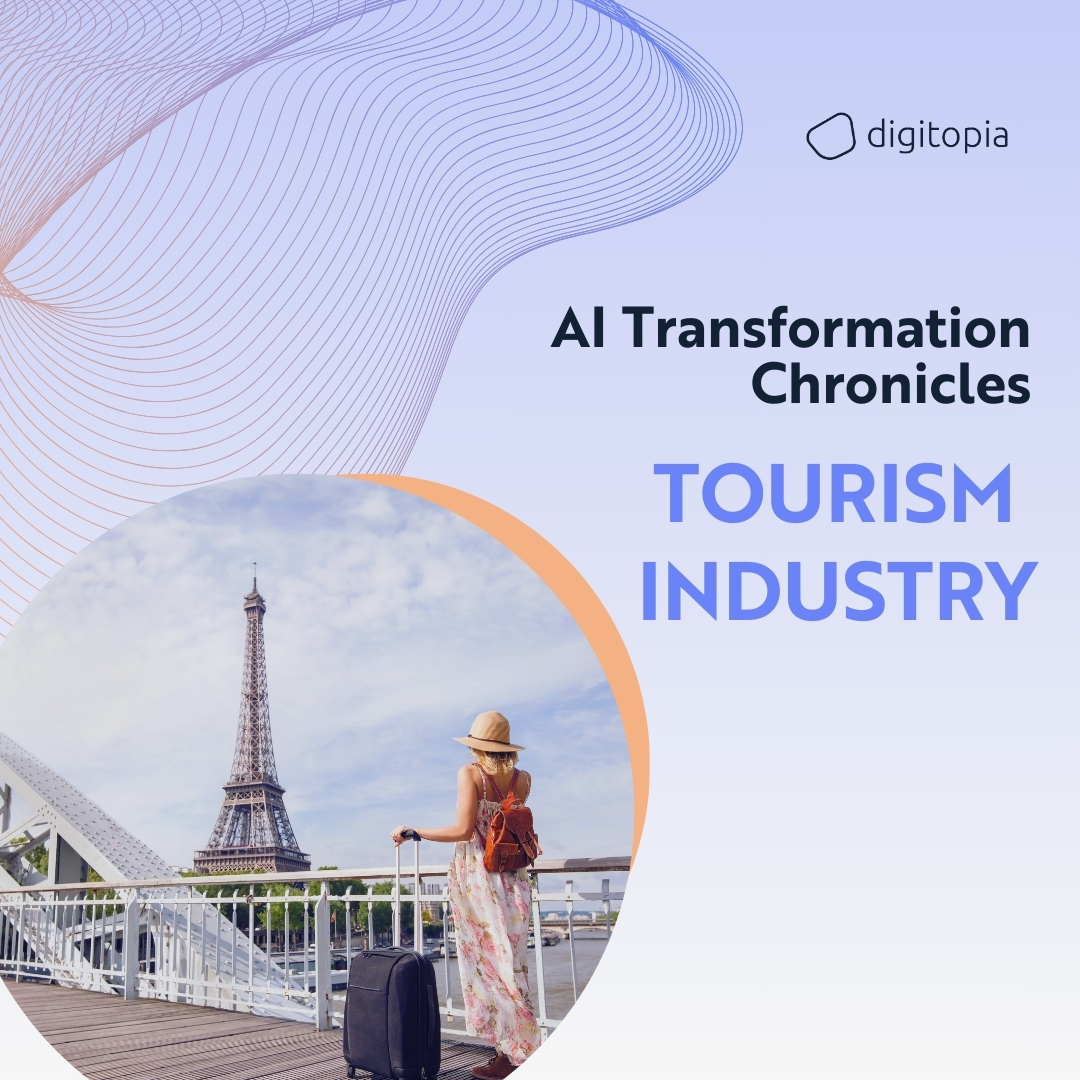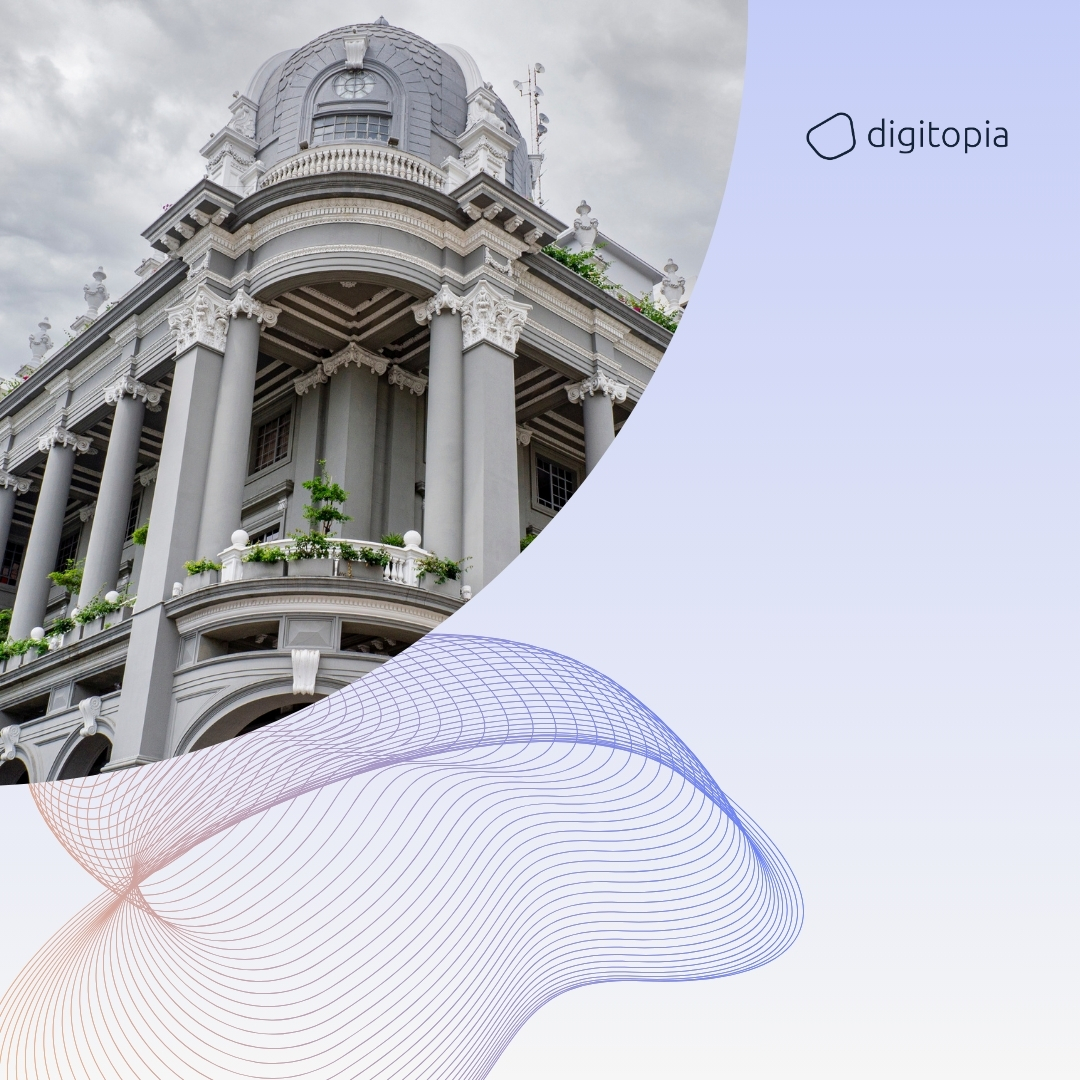
Local authorities and municipalities are embracing Artificial Intelligence (AI) to enhance public services, improve operational efficiency, and foster community well-being. From smart city initiatives and optimized resource management to predictive maintenance and enhanced citizen engagement, AI is revolutionizing how municipalities operate and serve their residents. Discover how AI in local government is transforming communities, making them smarter, more responsive, and sustainable through cutting-edge innovations.
The Promise of AI in Local Authorities and Municipalities
AI holds tremendous potential to transform local governance by optimizing operations, improving service delivery, and enhancing citizen engagement. By integrating AI technologies into municipal processes, local authorities can streamline resource management, enhance public safety, and provide personalized services to residents. Embracing AI is essential for municipalities aiming to create smart cities and deliver efficient, transparent, and citizen-centric governance.
Learn More: Top 10 Secrets to Succeeding with AI
Our comprehensive ebook provides actionable insights, real-world case studies, and proven strategies to help you integrate AI into your operations and drive growth.
Download Now
Key Use Cases in Local Authorities and Municipalities
AI is transforming local authorities and municipalities by optimizing operations, enhancing public services, and fostering more responsive and sustainable communities. From smart traffic management and predictive maintenance to personalized citizen services and crime prevention, AI-driven solutions are revolutionizing how municipalities operate and engage with residents. This section explores the most impactful AI use cases in local governance, demonstrating how these technologies are enabling smarter, more efficient, and citizen-centric municipalities.
Smart City Initiatives
- Smart Traffic Management: AI analyzes real-time traffic data to optimize traffic flow, reduce congestion, and improve road safety.
- Smart Lighting Systems: AI-driven smart lighting systems adjust brightness based on real-time conditions, reducing energy consumption and enhancing public safety.
- Waste Management Optimization: AI predicts waste generation patterns and optimizes collection routes, reducing operational costs and environmental impact.
Resource Management
- Water Management: AI monitors water usage, detects leaks, and optimizes distribution, ensuring efficient and sustainable water management.
- Energy Management: AI optimizes energy consumption in municipal buildings and public spaces, reducing costs and promoting sustainability.
- Predictive Maintenance: AI predicts maintenance needs for public infrastructure, such as roads and bridges, scheduling repairs proactively to minimize disruptions and costs.
Public Safety and Emergency Response
- Crime Prediction and Prevention: AI analyzes crime data to identify patterns and predict potential hotspots, enabling proactive policing and crime prevention.
- Emergency Response Optimization: AI optimizes emergency response times by analyzing real-time data and predicting incidents, ensuring timely and effective interventions.
- Public Health Monitoring: AI monitors public health data to detect outbreaks and trends, enabling timely responses and resource allocation.
Citizen Engagement
- Personalized Services: AI analyzes resident data to provide personalized services, such as tailored notifications and recommendations, enhancing the citizen experience.
- Virtual Assistants and Chatbots: AI-driven virtual assistants handle citizen inquiries, provide real-time support, and streamline access to municipal services.
- Participatory Governance: AI analyzes citizen feedback and participation data, facilitating more inclusive and responsive decision-making processes.
Powerful Success Stories in AI-Driven Municipalities
The AI revolution in local governance is already underway, with municipalities around the world demonstrating the transformative power of artificial intelligence. These success stories illustrate the significant benefits of AI adoption, from optimized resource management and enhanced public safety to improved citizen engagement and smarter city planning.
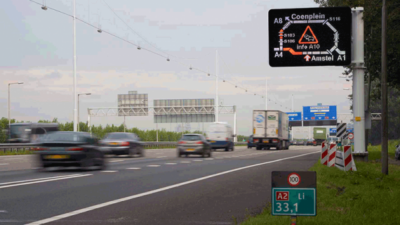
Amsterdam – Smart Traffic Management
Challenge: The city of Amsterdam faced challenges in managing increasing traffic congestion and ensuring road safety.
Solution: Amsterdam implemented an AI-driven smart traffic management system that analyzes real-time traffic data to optimize traffic flow, reduce congestion, and improve road safety. The system adjusts traffic signals dynamically based on current traffic conditions.
Benefits: The AI-driven smart traffic management system significantly reduced traffic congestion and improved road safety in Amsterdam. The city achieved smoother traffic flow, reduced travel times, and enhanced the overall quality of life for residents.

Barcelona – Smart Lighting Systems
Challenge: The city of Barcelona aimed to reduce energy consumption and enhance public safety through improved street lighting.
Solution: Barcelona deployed AI-driven smart lighting systems that adjust brightness based on real-time conditions, such as pedestrian activity and weather. The system also integrates with the city’s broader smart city infrastructure.
Benefits: The AI-driven smart lighting systems significantly reduced energy consumption and improved public safety in Barcelona. The city achieved cost savings and enhanced the safety and security of public spaces, reinforcing its position as a leader in smart city innovation.

Singapore – Predictive Maintenance
Challenge: Singapore needed to improve the maintenance of its public infrastructure to minimize disruptions and reduce costs.
Solution: Singapore implemented an AI-driven predictive maintenance system that monitors the health of public infrastructure, such as roads and bridges, and predicts maintenance needs. The system schedules repairs proactively, ensuring timely and efficient maintenance.
Benefits: The AI-driven predictive maintenance system significantly improved the reliability and longevity of Singapore’s public infrastructure. The city reduced maintenance costs and minimized disruptions, enhancing the overall quality of public services and infrastructure management.
Key Recommendations for Successful AI Transformation in Local Authorities and Municipalities
Successfully implementing AI in local authorities and municipalities requires strategic planning, strong leadership, and a commitment to innovation. By investing in robust data infrastructure, developing AI expertise, and fostering collaborative leadership, municipalities can effectively harness AI’s potential. Aligning AI initiatives with community goals and continuously measuring progress ensures that AI projects deliver tangible benefits. These key recommendations provide a roadmap for municipalities to enhance public services, optimize operations, and create smarter, more sustainable communities.
- Invest in Data Infrastructure: Develop a robust data infrastructure to collect, integrate, and analyze diverse datasets from various sources across the municipality. Ensure data quality, security, and accessibility to drive effective AI implementation.
- Develop AI Expertise: Prioritize talent acquisition and development by investing in comprehensive training programs and forming partnerships with educational institutions. Foster a culture of continuous learning and innovation to build a skilled workforce capable of leveraging AI technologies.
- Foster Collaborative Leadership: Leadership teams must champion AI transformation by articulating a clear vision and strategy for AI adoption. Encourage collaboration across departments and functions to ensure alignment and drive AI initiatives forward.
- Leverage Ecosystem Partnerships: Build an ecosystem of partners, including technology providers, academic institutions, and industry consortia, to accelerate AI adoption and innovation. Collaborate with partners for knowledge sharing and access to advanced tools and platforms.
- Align AI Initiatives with Community Goals: Identify and prioritize AI projects that align with strategic community objectives and deliver measurable value. Focus on high-impact use cases that build momentum for broader AI adoption.
- Implement Continuous Measurement and Improvement: Use tools like Digitopia’s AI Maturity Index to continuously assess and benchmark AI capabilities. Regularly review progress, adjust strategies, and ensure AI initiatives deliver the expected value.
By embracing AI across smart city initiatives, resource management, public safety, and citizen engagement, local authorities and municipalities can drive significant advancements, enhance efficiency, and improve the quality of life for residents. These advancements will position municipalities to lead in a dynamic and competitive environment, ensuring long-term success and resilience.


